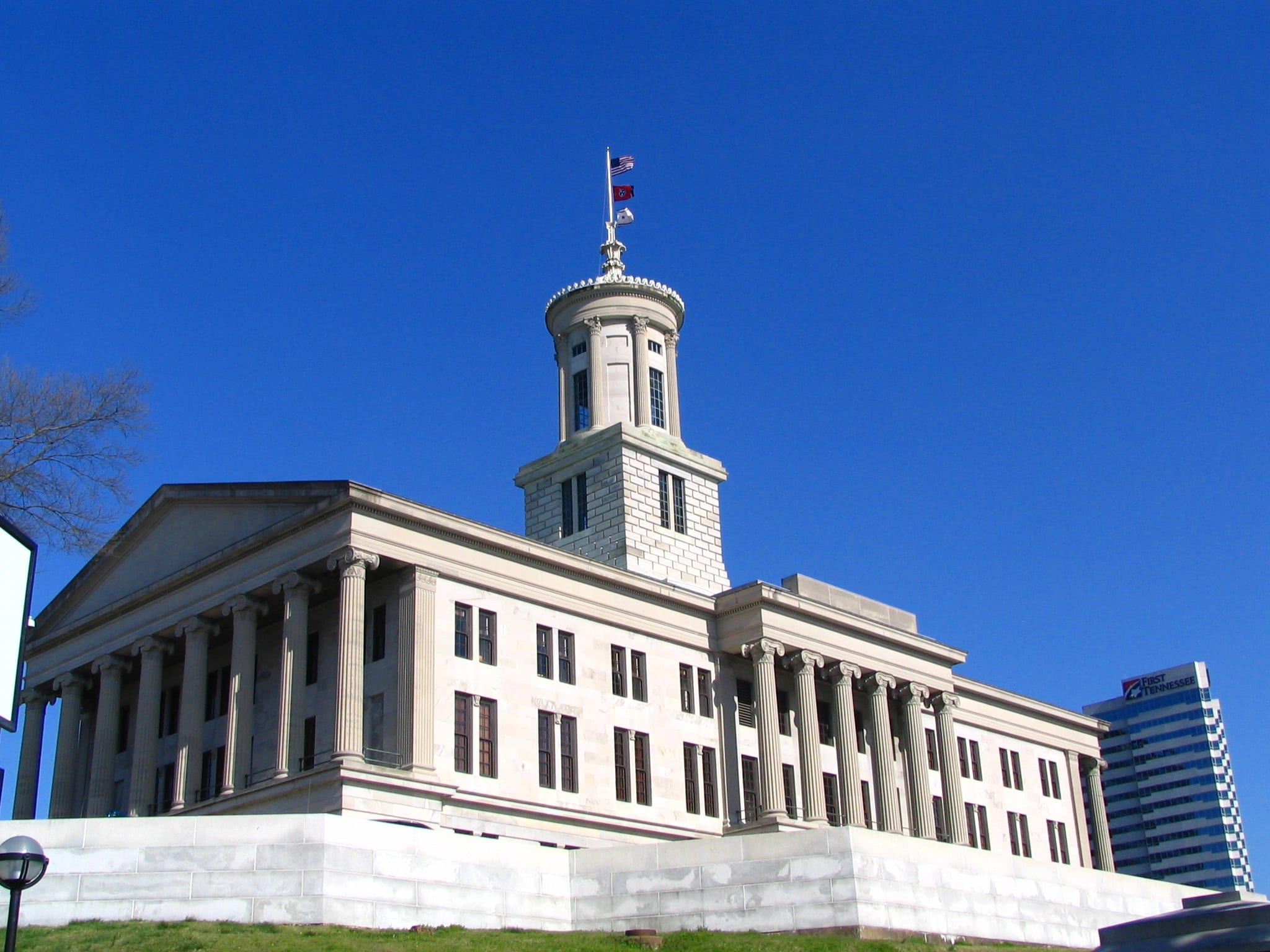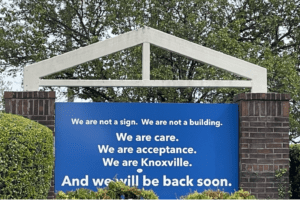Haslam’s State of the State: Here’s what happened
Gov. Bill Haslam proposed tax cuts, education initiatives and infrastructure improvement in a joint session of the Tennessee General Assembly on Monday, Jan. 30 at 7 p.m. ET.

Credit: https://www.flickr.com/photos/brent_nashville/
In his seventh State of the State address, Gov. Bill Haslam outlined a budget for the 2017-2018 fiscal year that included a $100 million pay rise for K-12 teachers, $132 million for a reserve fund and a provocative gas tax announced last week.
The most celebrated policy of the night was Haslam’s announcement of Tennessee Reconnect which garnered bipartisan support with a standing ovation. Tennessee Reconnect is similar to Haslam’s Tennessee Promise, however this “gap-filling” award will go to adults aiming to attend community colleges.
“Just as we did with Tennessee Promise we’re making a clear statement to families with Reconnect: wherever you might fall on life’s path, education beyond high school is critical to the Tennessee we can be,” Haslam said.
If passed, the Reconnect Act will be the first in the nation to offer both college-aged students and adults the opportunity to receive a degree without tuition or fees. Reconnect would be a pivotal step in Haslam’s “Drive to 55” mission for Tennessee to reach 871,000 degrees or certifications by 2025.
Haslam continued by noting the first round of Tennessee Promise recipients across Tennessee will attain their Associate’s degrees in just four months.
“Our focus on education has been about creating true generational change regardless of your income level or your zip code,” Haslam said.
The STRONG Act, another education policy, debuted at the State of the State event. The goal of the STRONG act is to provide tuition free attendance for soldiers and airmen in Tennessee’s National Guard.
Before admitting any criticisms, Haslam sung praises of Tennessee, drawing attention to its education system. “On education, there is no state in the U.S. that is demanding the spotlight like Tennessee,” Haslam said. “It’s worth repeating: with the incredible hard work of our teachers and students, Tennesseans are the fastest improving in the country in math, reading and as of this year, science.”
However, improvements were necessary evidenced by the expansion of funds to public education. The Basic Education Program saw $22 million additional dollars to help schools serve “high need” students and $15 million for career and technical education equipment. Finally, teacher salaries were increased to $100 million.
Haslam also discussed the controversial IMPROVE Act. Haslam’s goal is to address infrastructure issues within Tennessee that were last addressed in the late 80s. Since that time, roadways and bridges in Tennessee have become a dilapidated network lacking funds.
To increase revenue for the state to combat the growing infrastructure problem, the IMPROVE Act will increase gas tax 7 cents and diesel tax 12 cents per gallon. If passed, the legislation would mean that 962 projects in 95 counties would have funding.
“Earlier I mentioned that Tennessee has the lowest taxes in the nation as a percentage of personal income,” said Haslam, highlighting an earlier positive point of Tennessee. “If the IMPROVE Act goes into law, we would still have the lowest taxes in the nation.”
Though this is a considerable tax increase in a gas tax, Haslam holds that it is sensible because gas tax is unaffected by inflation. He also highlighted making tax cuts in other areas such as the grocery tax and the Hall income tax to compensate, leading to an ultimate tax cut.
“We don’t have to give raises to our teachers or to our employees. We don’t have to cut taxes, and we don’t have to fund the maintenance of our buildings on a recurring basis,” Haslam said. “However, I am convinced that all of these things are strategic investments in the future of our state.”
Featured image by Brent Moore, obtained through Creative Commons
Edited by Kaitlin Flippo



